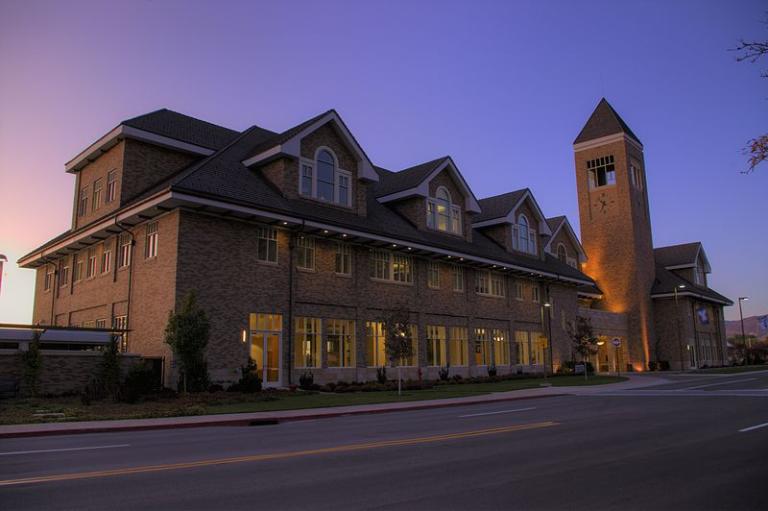
To me, the Wheatley Institution and the Law School’s International Center for Law and Religion Studies are, far and away, the two most interesting centers at BYU for the academic consideration of religious questions.
Press coverage of the Wheatley Institution’s recent symposium on “Reason for Hope: Responding to a Secular World” — as given in this article and a few others like it — has drawn some pretty strong and sometimes passionate responses.
I wasn’t able to be there — I had, to be rather mysterious about it, an extraordinarily important engagement elsewhere — but I very much wish that I could have been. I’m grateful that videos of the proceedings will be posted within a couple of weeks or so.
Some, in response, are demanding that we love those who have questions or who leave the Church, as if anybody speaking at the symposium actually called for not doing so. (I’ve known Elder Hafen and Professors Millet and Williams for many years; I would be enormously surprised if their remarks were unkind and unloving. The Deseret News story itself identifies Elder Hafen’s first of four suggestions as to “have a kind word for those with faithful questions.”) Some have denounced the symposium speakers as judgmental and dismissive. I would caution, though, against drawing any firm conclusions from a preliminary newspaper account; not only the nuances but most of the substance of a carefully prepared and thoughtfully worded presentation are inevitably lost in such reportage.
Finally, some seem to be upset that the presentations at the symposium presumed the truth and goodness of Mormonism. But, given the identity of the speakers and the auspices under which they spoke, is it really reasonable to expect them to have been neutral?
For those of us who accept the claims of the Restoration and who regard its message as the very greatest of good news, abandoning faith, leaving the Church, and forsaking one’s covenants are, yes, deeply bad and unfortunate things. We want to be kind, and we try to be understanding, but, in the end, we’re convinced that those who fall away are tragically wrong.
Some years ago, I was asked whether I thought there were ever good reasons to leave Mormonism.
I replied that No, there were not.
Now, that answer immediately generated a furious response from some who read it. But that’s because they didn’t finish reading. (A few of my most vocal and implacable critics don’t even care to get me right.)
I immediately went on to say that, from my viewpoint, there can be no ultimately valid reason for leaving the Church because, ultimately, the Church’s claims are true.
But, I continued, pending the ultimate and decisive revelation of the Church’s truth, there can and will be seemingly good reasons to abandon it. As Paul observes in 1 Corinthians 13, while we’re in this life we know only “in part,” and “we see through a glass, darkly.” “When that which is perfect is come, then that which is in part shall be done away.” Until then, though, there will be the inevitable human failures, historical ambiguities, and factual complexities. We’ll be left to thread our way among them, buffeted by our own quirks, areas of ignorance, and occasional impatience, molded by our irreducibly personal experiences, guided by our loyalties, limited by our prejudices, and often flawed in our reasoning. In the meantime, we can have charity — both for those who doubt and those who leave and, yes, for those who are faithful and who are committed to the Kingdom.











